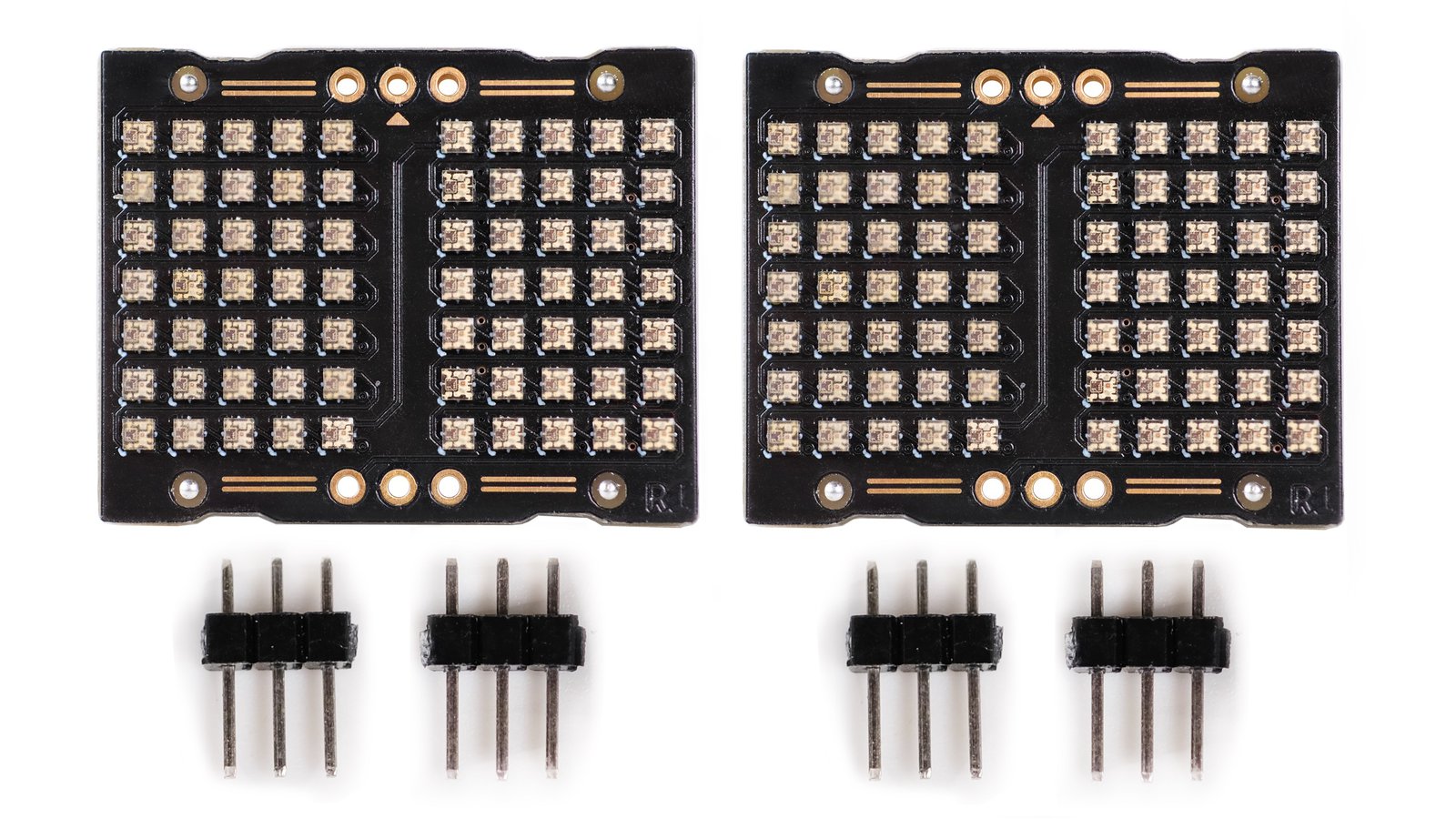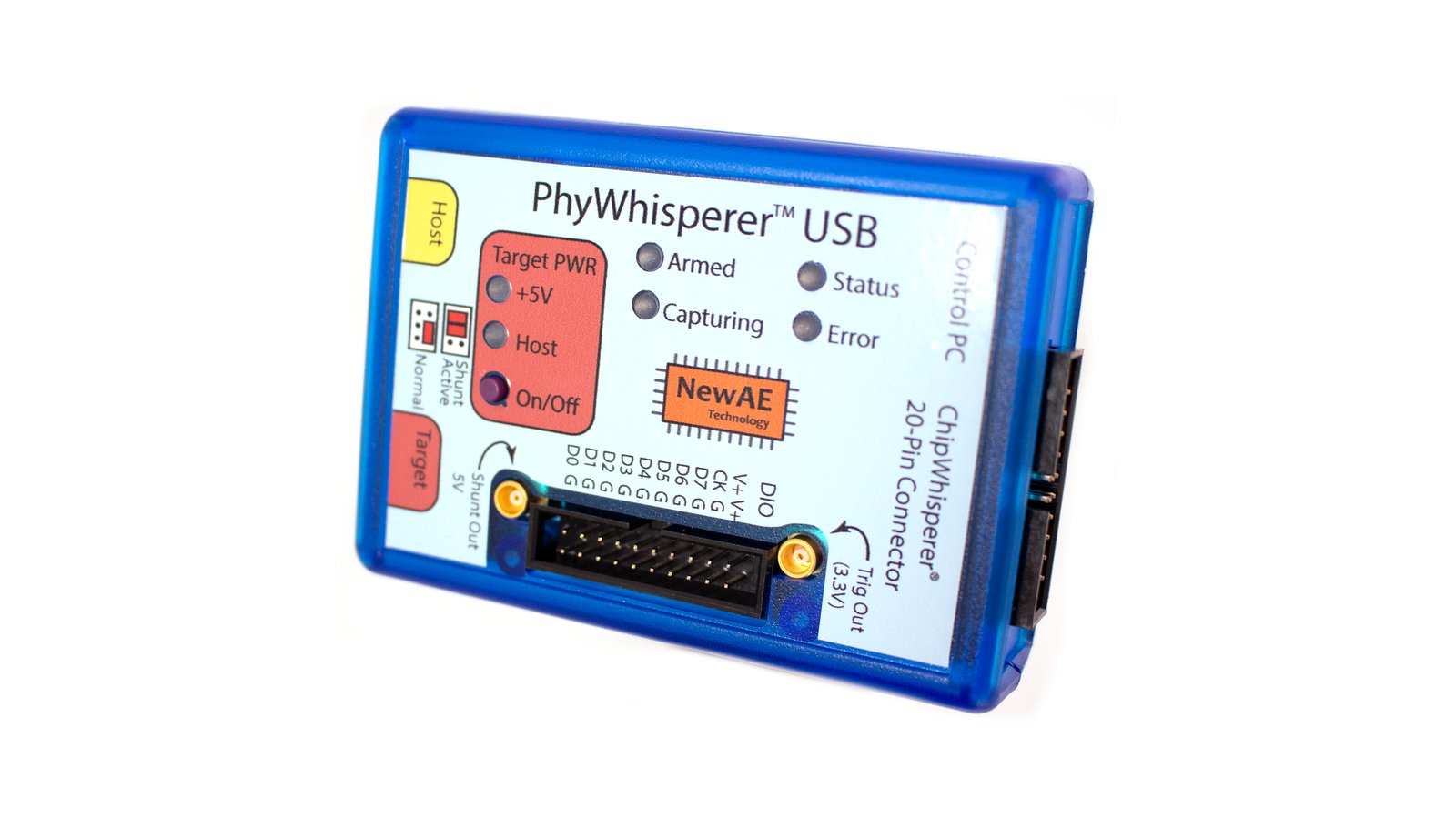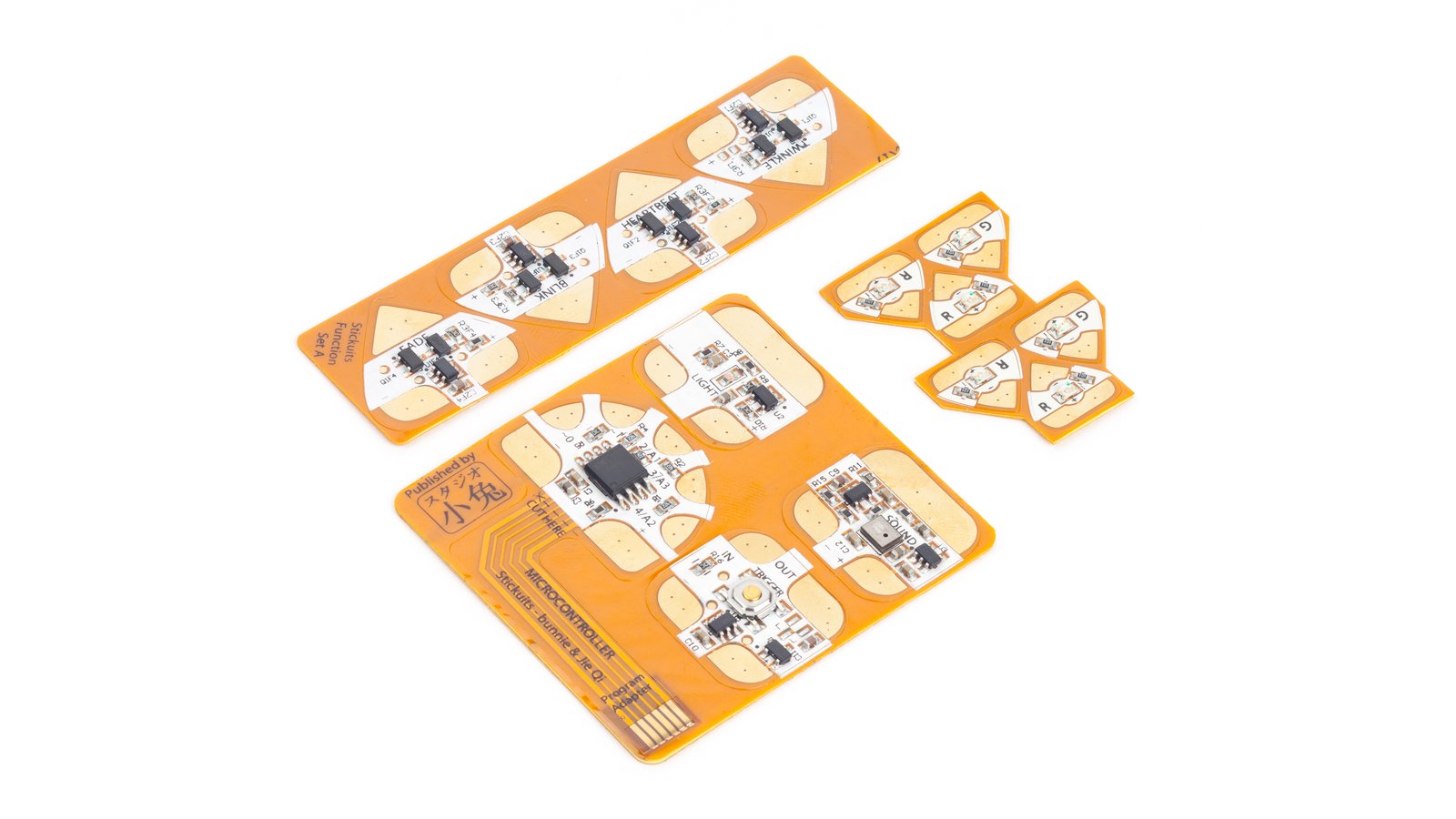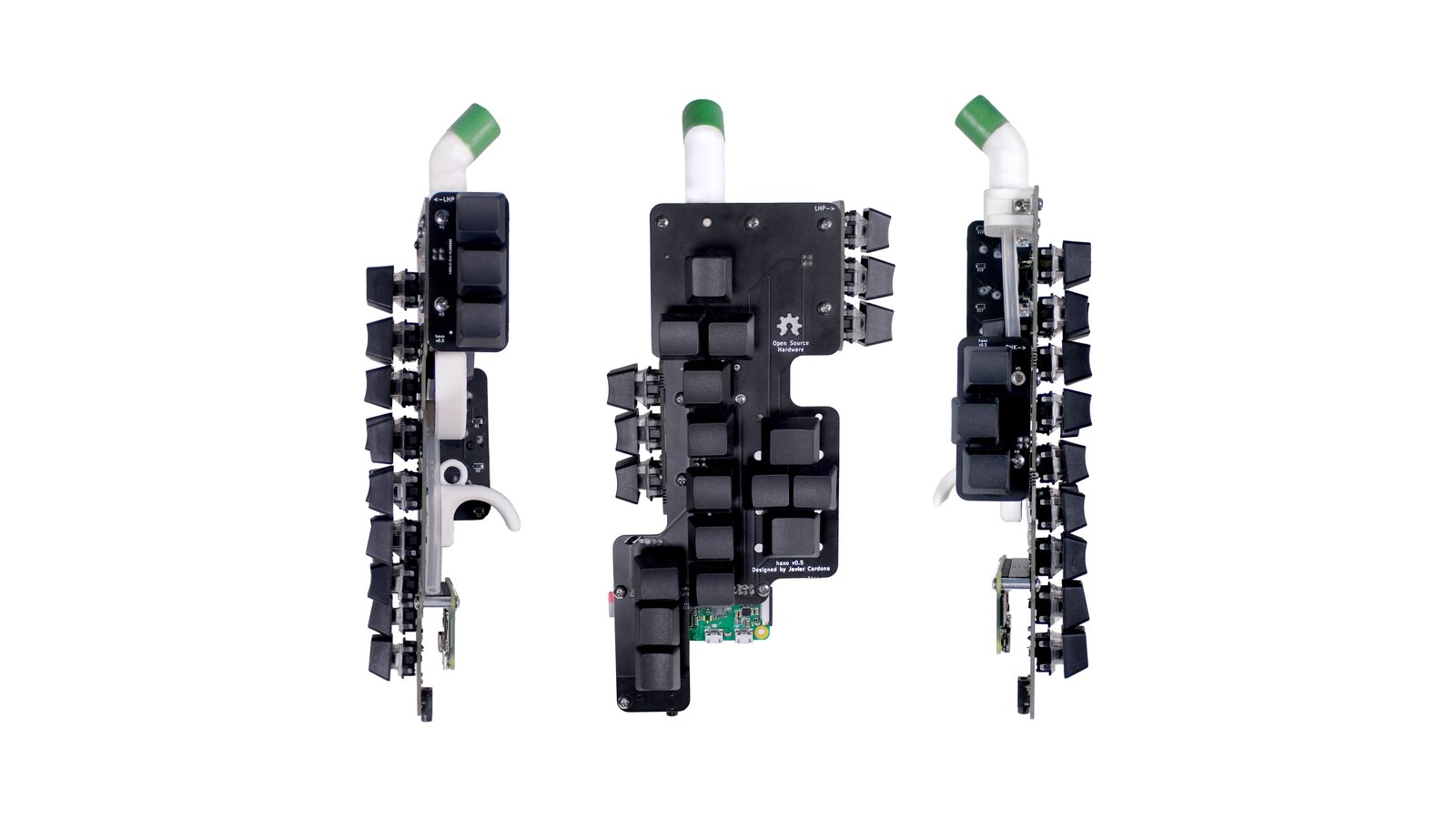Pixie Chroma is a project that we here at Lixie Labs are incredibly passionate about! In this third iteration, we have finally created the best RGB text display we’ve ever used. While we loved our original Pixie models, we felt that you couldn’t get the same level of creativity that you can get with Pixie Chroma. With its ability to be dropped into any breadboard and coded with any experience level, these displays have a wide range of potential uses, meaning anybody in the maker community can find a use for them! Pixie Chroma is our gift to you.
Along with full RGB control, and an absolute UNIT of an Arduino Library, we are introducing two other big new features with this release: quad mode and shortcodes.
Quad mode is made specifically for those wishing to drive their displays faster. By optionally sending the data in four parallel streams with Quad Mode, you can expect to see a ~3.75x increase in speed! For example, if you had 12 Pixie Chromas, you can wire four GPIO of your microcontroller to the 1st, 4th, 7th, and 10th Pixie. Each GPIO is now only responsible for the data of three Pixie Chromas compared to only one GPIO feeding all 12. With this, you can run animations, scrolling, and color palettes more smoothly or free up processor time!
Our next big feature is Shortcodes, a super simple way to show icons beyond the alphanumeric ASCII set and easily create animations! We have an extensive library of 230+ built-in icons that are accessible by name within other strings. See the example above. Whether you want global currency symbols, weather states, schematic symbols, diacritics (àãåâä), or various mathematical typography such as pi, we probably have you covered. And, if we don’t, you can make your own with the magical Shortcode Editor.
Our favorite part of these icons is how easy it is to make your own! With our online/offline editor, you can create any shape or image (so long as it fits in a 5x7 grid) and the editor will directly show the code that would print that shape!
This is one of the most creative outlets for cool display enthusiasts, since you can easily make custom frame-by-frame animations of your own! We are currently working on a way to create looping animations directly within the editor, and are excited to show it in an upcoming campaign update.
We pride ourselves in how easy our products are to use. We have kept the wiring very simple, with only three wires connected to each breadboard-friendly display. Our code also has many examples that are explained line-by-line so that anybody can understand them. We include template Arduino Sketches to skip the parts newcomers find tedious, like #include directives and class definitions. Many advanced projects that even seasoned coders would find challenging are hassle-free with the Pixie Chroma library!
#include "Pixie_Chroma.h" // Include library
PixieChroma pix;
#define PIXIES_X 6 // Total amount and x x x x x x
#define PIXIES_Y 2 // arrangement of Pixies = x x x x x x
void setup() {
pix.begin( 13, PIXIES_X, PIXIES_Y ); // ... Use Pin 13
pix.color( CRGB::Blue ); // ............... Set color to blue
}
void loop() {
pix.clear(); // ..................... Clear display
pix.println( "Hello World!" ); // ... Write text on first row
pix.print( millis() ); // ........... Write the value of millis() on the second row
pix.show(); // ...................... Show changes
}
Pixie Chroma’s documentation is complete, accurate, and easy to understand. Each function in the library is fully documented and code examples are sprinkled liberally throughout.
Lixie Labs is a homegrown business dedicated to furthering open source hardware and software in both the hobbyist and professional electronics industry. To this day, we still receive emails from customers asking us how to get their hands on products we no longer produce. Luckily, anybody can still create their own Lixies or even earlier versions of Pixies without us because we’ve left the entire process open for others. We hope to see all of our projects outlive us!
We are OSHWA certified (UID US002058), we’ve created an extensive datasheet, and every function within the library comes with documentation.
| Pixie Chroma | 5x5 RGB Matrix Breakout | Dot Star 8x8 Grid | |
|---|---|---|---|
| Manufacturer | Lixie Labs | Pimoroni | Adafruit |
| Size | 30 mm x 24 mm | 19 mm x 29 mm | 25 mm x 36 mm |
| LED Count | Dual 5x7 displays, 70 total | Single 5x5 display, 25 total | Single 8x8 display, 64 total |
| Pixels Per Inch | 10.16 PPI | 7.25 PPI | 8 PPI |
| Experience Level | All Levels | Intermediate | Beginner |
| Open Source | HW + SW | SW only | HW + SW |
| Documented Code Functions | Yes | No | Yes |
| Datasheet | Yes | No | No |
| Quad Mode ¹ | Yes | No (no parallel output) | No (no parallel output) |
| Shortcodes ² | Yes (239 included) | N/A | N/A |
| Breadboard Compatible | Yes | No | No |
| Power Management Features | Yes | No | No |
| Easy Text Rendering | Yes | No | No |
| Non Blocking Animation | Yes | No | No |
| Predefined Color Palettes and Animations | Yes | No | No |
| Price Per LED | $0.32 | $0.49 | $0.39 |
¹ Quad Mode allows you to update your displays faster by using four GPIO at once!
² Shortcodes like [:HEART:] let you use over 230 built-in icons by name and even create your own!
As you can see, Pixie Chroma is as easy or as advanced as you need. Luckily, you don’t need to dive into documentation to get started - the included examples (File -> Examples -> Pixie_Chroma) provide a template you can easily modify for your own projects.
For further information, you can check out our:
Everything is open source and available. Our source code has been fully documented and all PCB designs and parts used will be open and available:
If you have a question, please reach out using the Ask a technical question form.
"Arduino enthusiasts interested in creating a changeable RGB LED matrix might be interested in the new Pixie Chroma displays created specifically for the Arduino platform by the engineers and development team over at Lixie Labs. "
"The Pixie CHROMA might be the most perfect Pixie yet!"
"We get a brief overview of how the Crowd Supply process works and we learn about some [Lixie Lab] future projects!"
Produced by Lixie Labs in Salt Lake City, Utah, USA.
Sold and shipped by Crowd Supply.


· connornishijima.github.io/Pixie_Chroma
Hardware hacking couple that loves to punish Arduinos!

A hardware-based USB 2.0 monitor & trigger platform, controlled from Python

Circuit Stickers are peel-and-stick electronics for crafting circuits. Use them to add electronics to any sticker-friendly surface: paper, fabric, plastic, the sky's the limit!

A hackable electronic saxophone with mechanical keys